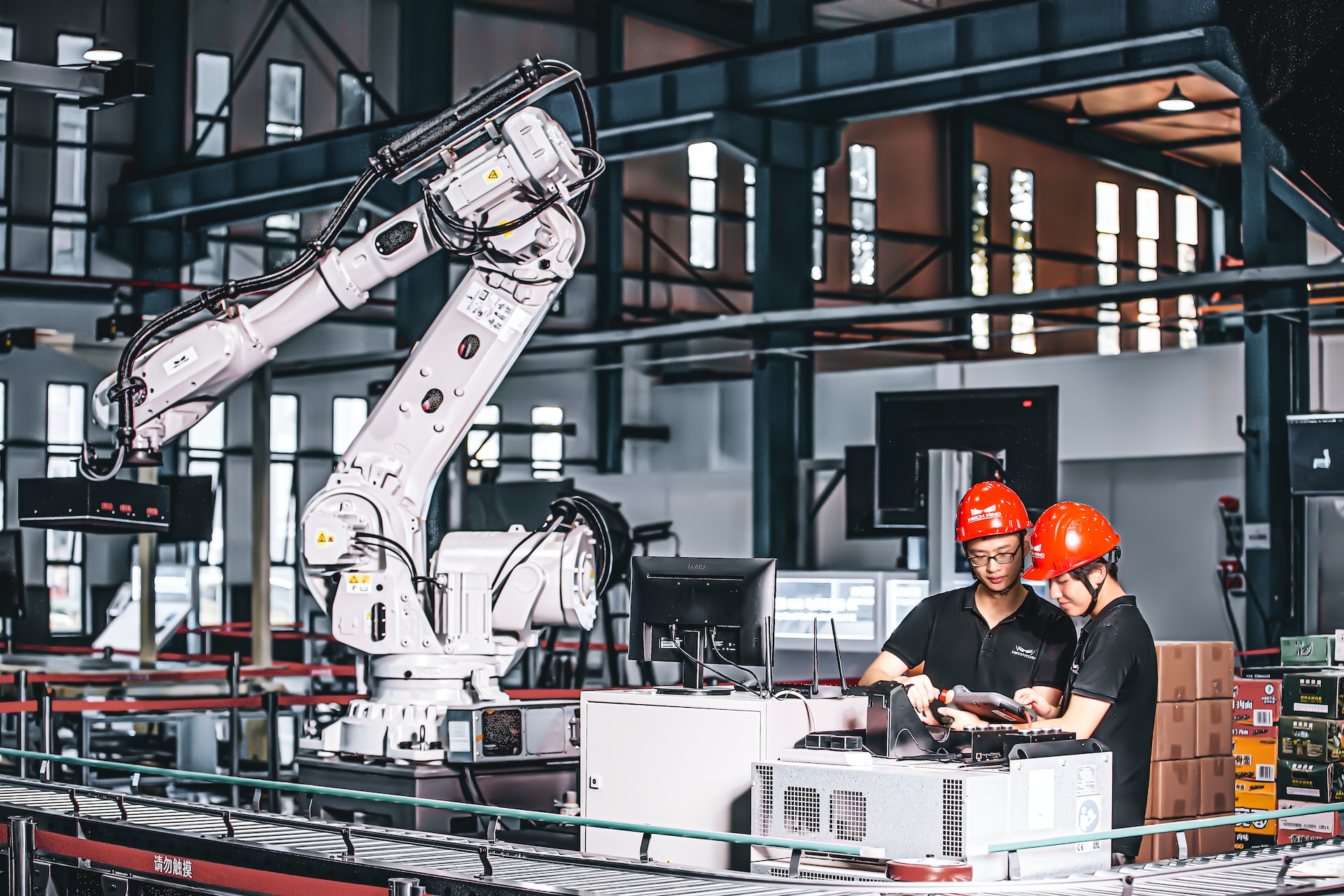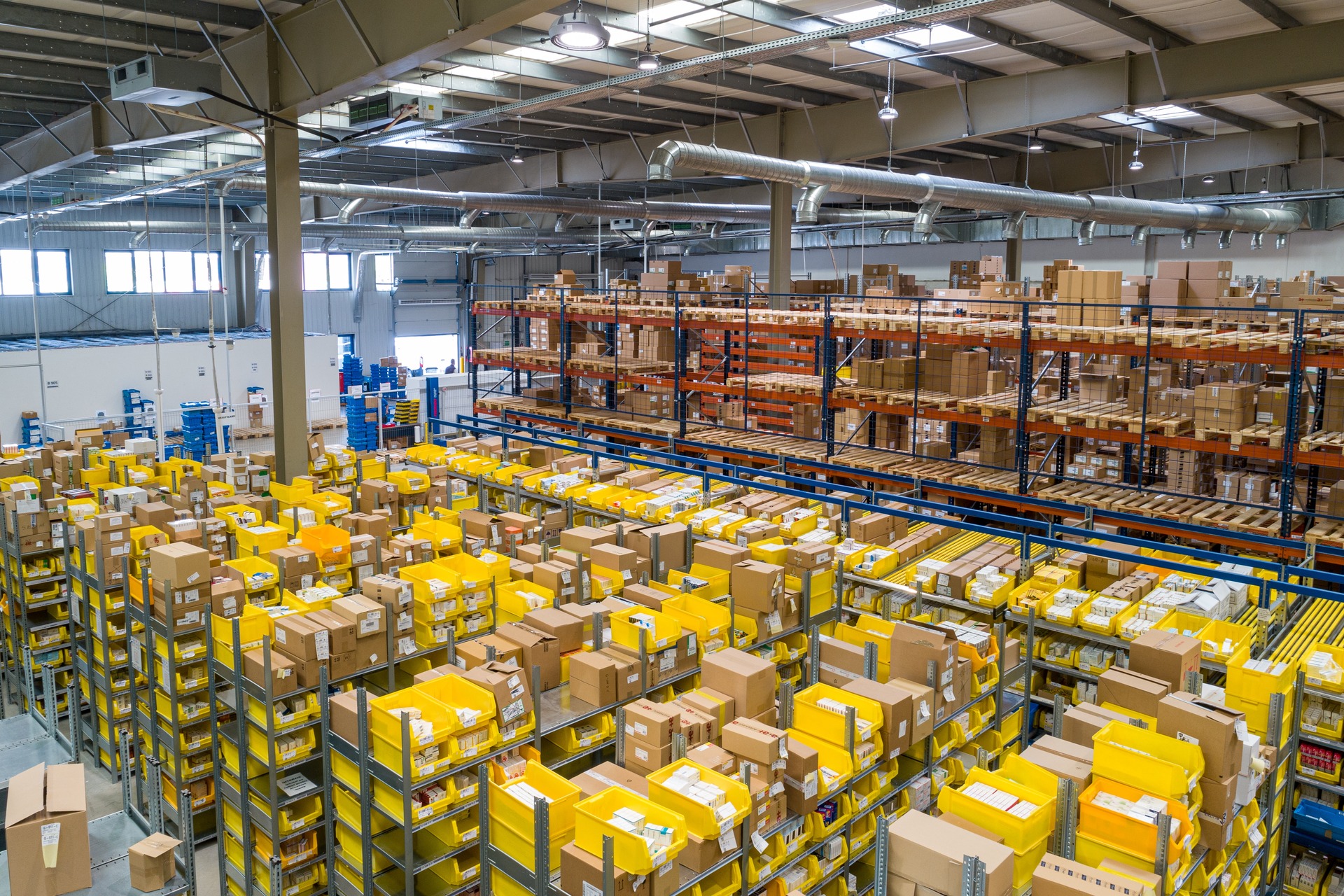



Revolutionized is reader-supported. When you buy through links on our site, we may earn an affiliate commision. Learn more here.
Efficiency in logistics and supply chain management is crucial in any business. A streamlined supply chain translates to quicker deliveries, lower costs and higher customer satisfaction. Generative AI in logistics can make all the difference in staying ahead of an industry where margins are slim and competition is fierce.
Generative AI is artificial intelligence that focuses on creating new, original content. Its core functions include data generation, content creation and simulation. Whether crafting realistic images, generating text or simulating various scenarios, it works by learning patterns from existing data and applying them to create something new.
This form of AI sets it apart from others, like predictive or analytic AI. It uses learned patterns to create new data or content, expanding its applications beyond analytics or prediction.
It can model complex logistics operations by simulating different variables and outcomes. It learns from existing operational data to predict and generate optimal scenarios.
For instance, generative AI can analyze traffic patterns, fuel costs and delivery windows to generate the most efficient route for transportation. Another application is in inventory management. It can simulate various stock scenarios based on demand, supply chain delays and storage costs to recommend optimal inventory levels.
Additionally, predictive maintenance is another area where it shines. It can predict when machines or vehicles will likely fail and suggest timely maintenance, reducing downtime. Overall, it is a powerful tool for optimizing logistics operations.
Its ability to simulate and generate optimal scenarios for route planning, inventory levels and maintenance schedules makes it invaluable for businesses aiming for operational efficiency.
Generative AI can streamline the supply chain by automating complex decision-making processes. It uses simulations to find the best solutions for various supply chain activities like sourcing, warehousing and transportation.
For example, AI could simulate various scenarios in sourcing materials based on supplier reliability, cost and lead times. It can then recommend the best set of suppliers to work with for optimal cost and effectiveness. Another example is warehouse management. By simulating the most efficient ways to store and retrieve items, generative AI can drastically reduce the time and human resources in warehouse operations.
In transportation, it can analyze and suggest the most fuel-efficient and time-saving shipping routes. It cuts costs and lowers the carbon footprint, contributing to sustainability goals. These practical examples show that it has the power to bring unprecedented efficiency to the entire supply chain.
One of the primary advantages of using generative AI in logistics is cost reduction. Businesses can save significantly on fuel, storage and operational costs by optimizing routes, inventory levels and maintenance schedules. These savings directly contribute to a more efficient and competitive supply chain, allowing companies to allocate resources to other vital areas.
Sustainability is another significant benefit. It can help companies reduce their environmental impact by optimizing fuel usage in transportation or recommending sustainable sourcing options. A greener supply chain isn’t just good for the planet — it’s increasingly becoming a selling point for consumers and a compliance requirement from governments.
The advantages of cost reduction and sustainability directly and positively impact supply chain efficiency. By lowering operational costs and enhancing environmental sustainability, generative AI allows businesses to operate more efficiently while meeting consumer and regulatory demands.
One potential obstacle to implementing generative AI in logistics is data quality. Only accurate or complete data can lead to precise simulations and informed decision-making. Therefore, businesses must prioritize gathering high-quality, reliable data for the AI to analyze. Regular data audits and validation checks are best practices to ensure data accuracy.
Another challenge is integration with existing systems. Most companies already have some form of a logistics management system in place. The new AI technology must integrate seamlessly with these systems for a smooth transition. Adopting a modular approach to implementation, where businesses can incorporate the AI system in phases, can help overcome this issue.
While challenges like data quality and system integration exist, they aren’t insurmountable. Through regular data audits, validation checks and a phased approach to integration, businesses can effectively implement generative AI to revolutionize their logistics operations.
Implementing this cutting-edge technology can seem daunting, but organizations can unlock unprecedented efficiency and cost savings with the right approach. Here are steps to ensure a smooth transition.
In the fast-evolving landscape of logistics, it can introduce several groundbreaking trends. One such trend is hyper-personalized delivery experiences, where AI algorithms can generate optimized delivery routes in real-time based on customer preferences. Another rising trend is the integration of blockchain and generative AI, offering enhanced transparency and security in supply chain operations.
Companies need to stay ahead of the curve to capitalize on these trends. Investing in research and development will provide a deeper understanding of how this technology can meet specific logistic needs.
Companies should also focus on upskilling their workforce to work with advanced AI systems. Partnering with technology experts specializing in generative AI will provide valuable insights and a competitive edge.
Generative AI in logistics is proving to be revolutionary. By taking these actionable steps, businesses can successfully navigate the complexities of implementing this technology, setting the stage for a more efficient and competitive future in logistics.
Revolutionized is reader-supported. When you buy through links on our site, we may earn an affiliate commision. Learn more here.


This site uses Akismet to reduce spam. Learn how your comment data is processed.